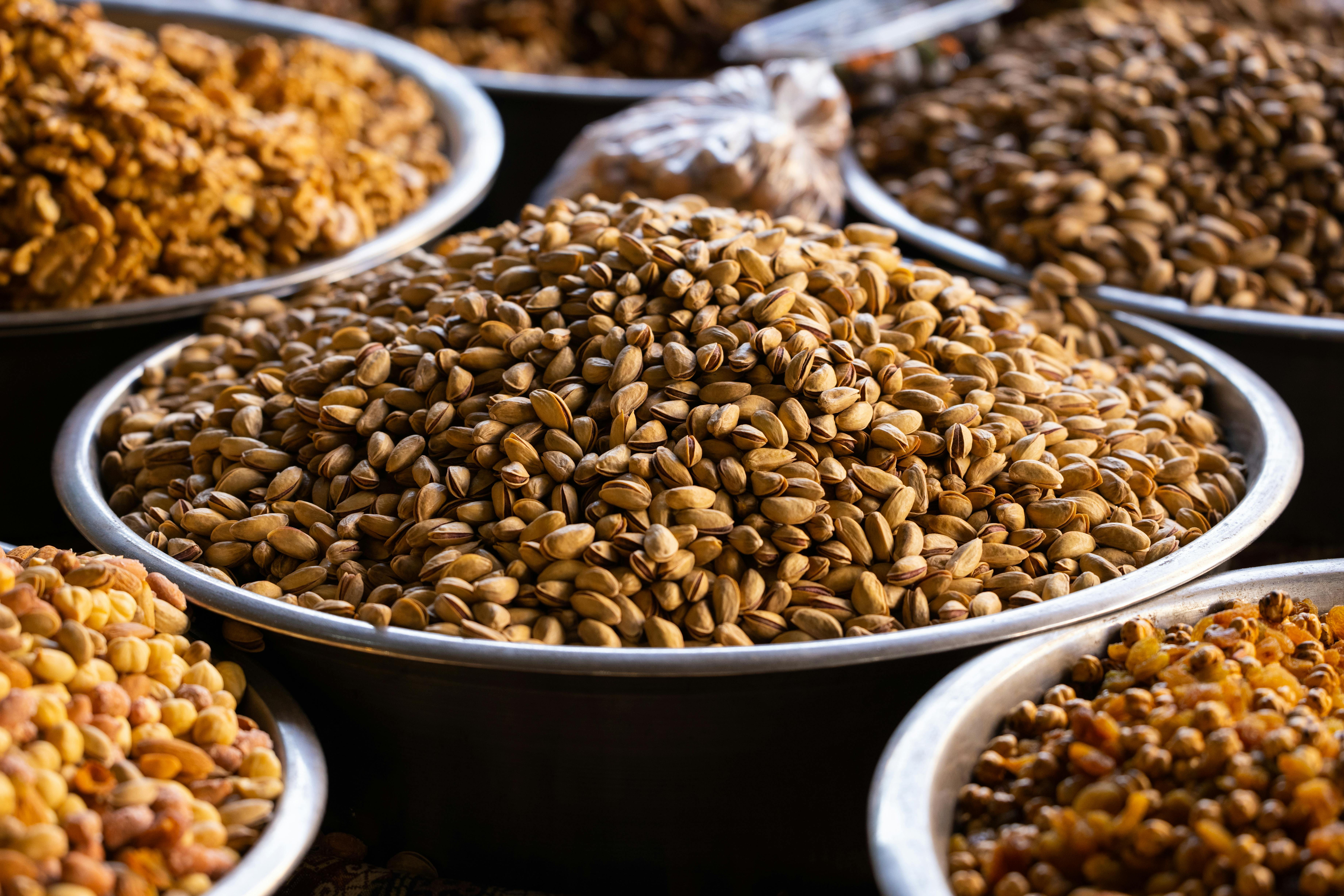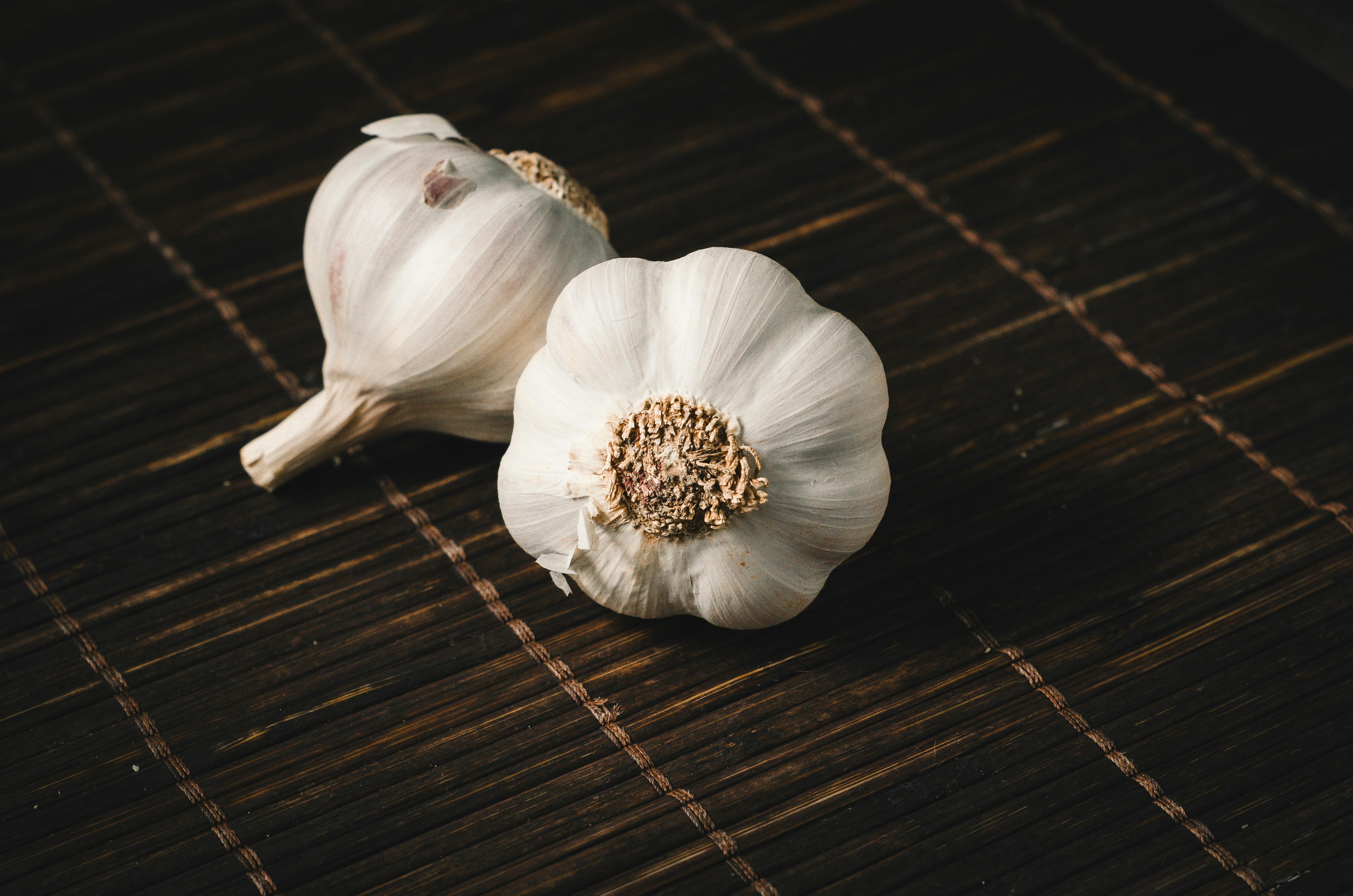The 8 Collagen Powerhouses for Youthful Skin and Joints
Nuts and Seeds: The Protein Pioneers

Nuts and seeds, such as almonds, walnuts, and flaxseeds, are not only rich in healthy fats and proteins but also contain zinc and copper, minerals essential for collagen production. These nutrients play a pivotal role in the formation and stabilization of collagen fibers. Additionally, nuts and seeds provide a plant-based source of amino acids necessary for collagen synthesis. Incorporating a handful of these nutrient-dense snacks into your diet can support skin health, promote joint flexibility, and enhance overall wellness, making them a convenient and tasty addition to your daily routine.
Garlic: The Sulfur Supplier

Garlic, a staple in many cuisines, is a potent source of sulfur, a trace mineral that helps synthesize and prevent the breakdown of collagen. Sulfur aids in maintaining the structure and integrity of collagen fibers, promoting skin elasticity and joint health. Additionally, garlic contains taurine and lipoic acid, compounds that support the rebuilding of damaged collagen fibers. Adding garlic to your meals not only enhances flavor but also provides a natural boost to your body's collagen production. Whether roasted, sautéed, or raw, garlic is a versatile ingredient that can be easily included in a variety of dishes.
